The Glo-cal Experience 2021, Netherlands, rotterdam
Reviving Tourism & the Global Economy Post COVID-19
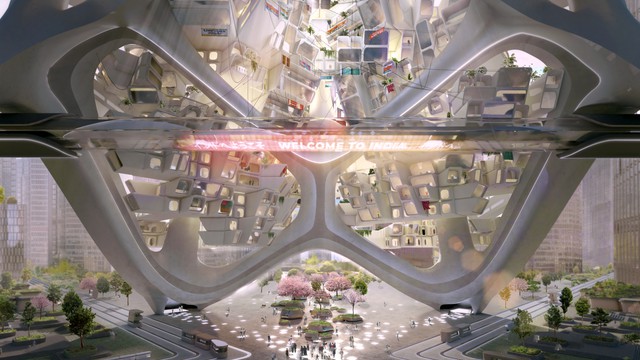
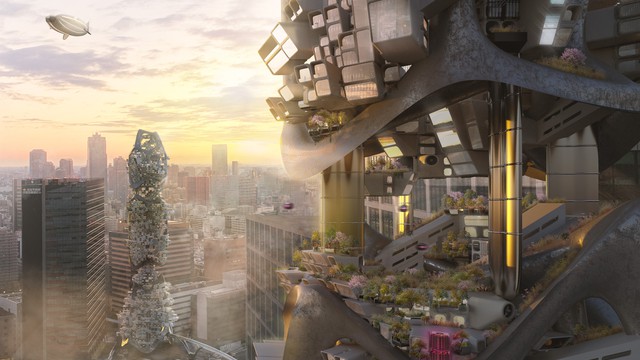
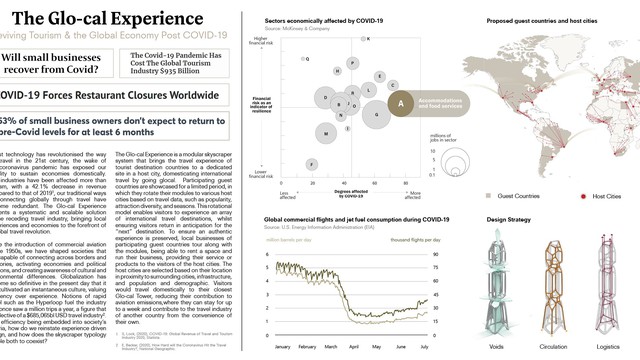
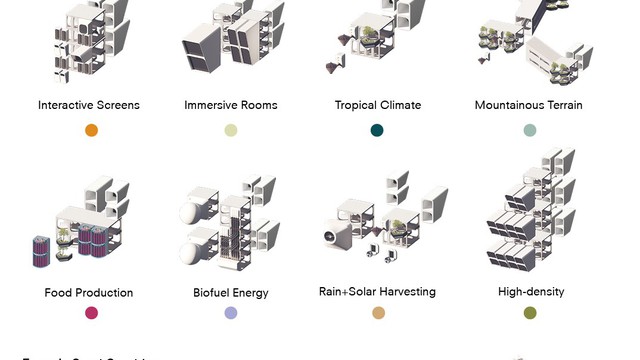
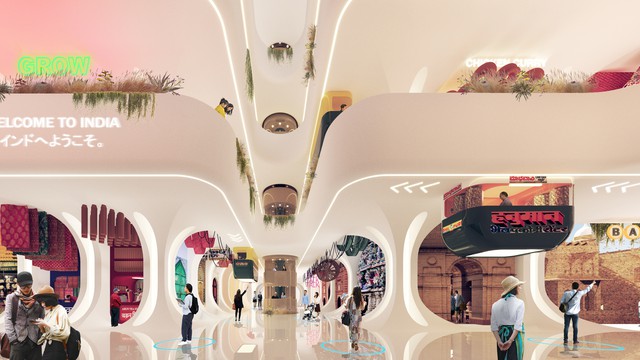
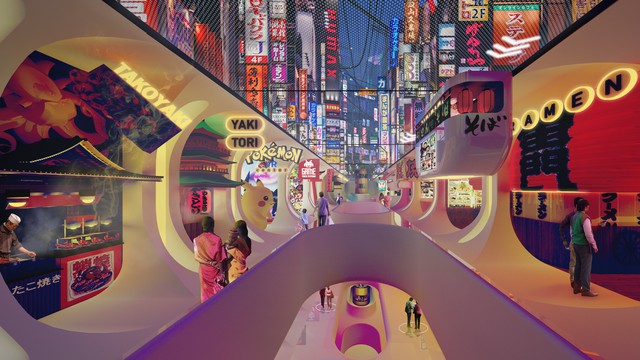
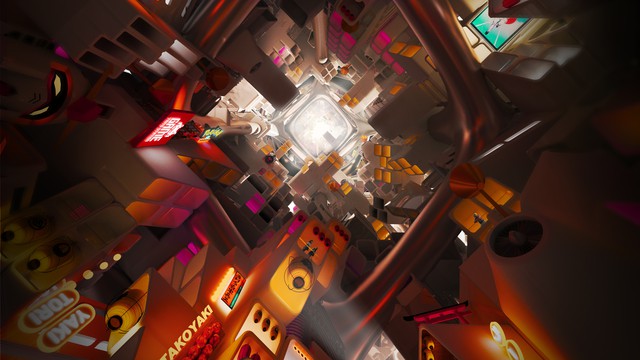
Whilst technology has revolutionised the way we travel in the 21st century, the wake of the coronavirus pandemic has exposed our inability to sustain economies domestically. Few industries have been affected more than tourism, with a 42.1% decrease in revenue compared to that of 2019, our traditional ways of connecting globally through travel have become redundant. The Glo-cal Experience presents a systematic and scalable solution to the receding travel industry, bringing local experiences and economies to the forefront of a global travel revolution.
Since the introduction of commercial aviation in the 1950s, we have shaped societies that are capable of connecting across borders and territories, activating economies and political relations, and creating awareness of cultural and environmental differences. Globalization has become so definitive in the present day that it has cultivated an instantaneous culture, valuing efficiency over experience. Notions of rapid travel such as the Hyperloop fuel the industry that once saw a million trips a year, a figure that is reflective of a $685,065bl USD travel industry. With efficiency being embedded into society’s criteria, how do we reinstate experience driven design, and how does the skyscraper typology enable both to coexist? The Glo-cal Experience is a modular skyscraper system that brings the travel experience of tourist destination countries to a dedicated site in a host city, domesticating international travel by going glocal. Participating guest countries are showcased for a limited period, in which they rotate their modules to various host cities based on travel data, such as popularity, attraction diversity, and seasons. This rotational model enables visitors to experience an array of international travel destinations, whilst ensuring visitors return in anticipation for the “next” destination. To ensure an authentic experience is preserved, local businesses of participating guest countries tour along with the modules, being able to rent a space and run their business, providing their service or products to the visitors of the host cities. The host cities are selected based on their location in proximity to surrounding cities, infrastructure, and population and demographic. Visitors would travel domestically to their closest Glo-cal Tower, reducing their contribution to aviation emissions,where they can stay for up to a week and contribute to the travel industry of another country from the convenience of their own. Once components of the Glo-cal Tower are produced, they are circulated and reused across the global network of host cities, representing the diversity across the participating guest countries. The Glo-cal experience proposes a new evolution in how we travel post coronavirus pandemic. By empowering locally, we can revive tourism and the global economy.
Poster
Details
Team members : Thanat Prathnadi, Nathan Ngo, Liva Sadovska
Institution : TU Delft
Descriptions
Technical Concept : The Glo-cal system applies a modular approach across three scales, that of the plug-in module that contains the experience, the structure that encapsulates them, and lastly the stackability of the three structure sizes. By applying modularity to the skyscraper typology, the complexity of physically representing a range of destinations, as well as the diversity of host city sites and regulations become achievable. In addition to modularity, the materiality and construction of the tower adheres to a cradle-to-cradle principle, through the choice of highly accessible materials and common construction methods around the world. For example the plug-in modules are constructed from 3D printed graphene, which are then attached to each other using a peg-and-hole joinery system.
Visual Concept : A scenario is provided to explain the system: Tokyo is selected as a host city for the residents of Japan, being easily accessible from surrounding cities such as Kyoto and Osaka in the South, and Niigata and Sendai in the North. The city is also an anticipated participant in Hyperloop initiatives, increasing the efficiency and appeal of domestic travel. A site of 22,500m2 is selected to be the site of Glo-cal Tower Tokyo with an integrated Hyperloop station. The prefabricated structure is assembled on site and becomes ready to host the incoming India modules that have just left the Glo-cal Tower Hong Kong. Local contractors in Tokyo fully assemble the tower, and will return to disassemble the modules after six months.
Credits
Thanat Prathnadi, Nathan Ngo, Liva Sadovska
Thanat Prathnadi, Nathan Ngo, Liva Sadovska
Thanat Prathnadi, Nathan Ngo, Liva Sadovska
Thanat Prathnadi, Nathan Ngo, Liva Sadovska
Thanat Prathnadi, Nathan Ngo, Liva Sadovska
Thanat Prathnadi, Nathan Ngo, Liva Sadovska
Thanat Prathnadi, Nathan Ngo, Liva Sadovska